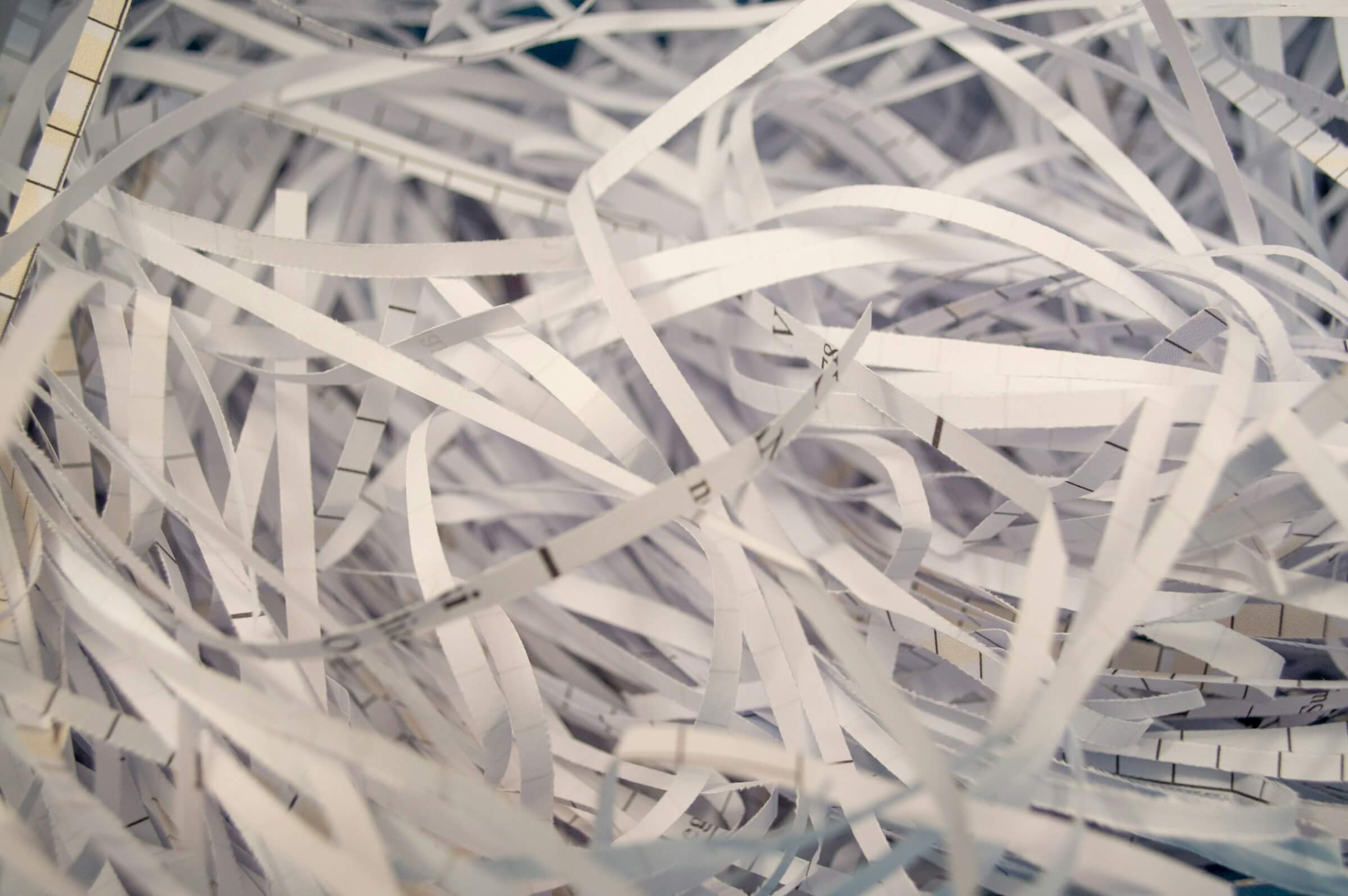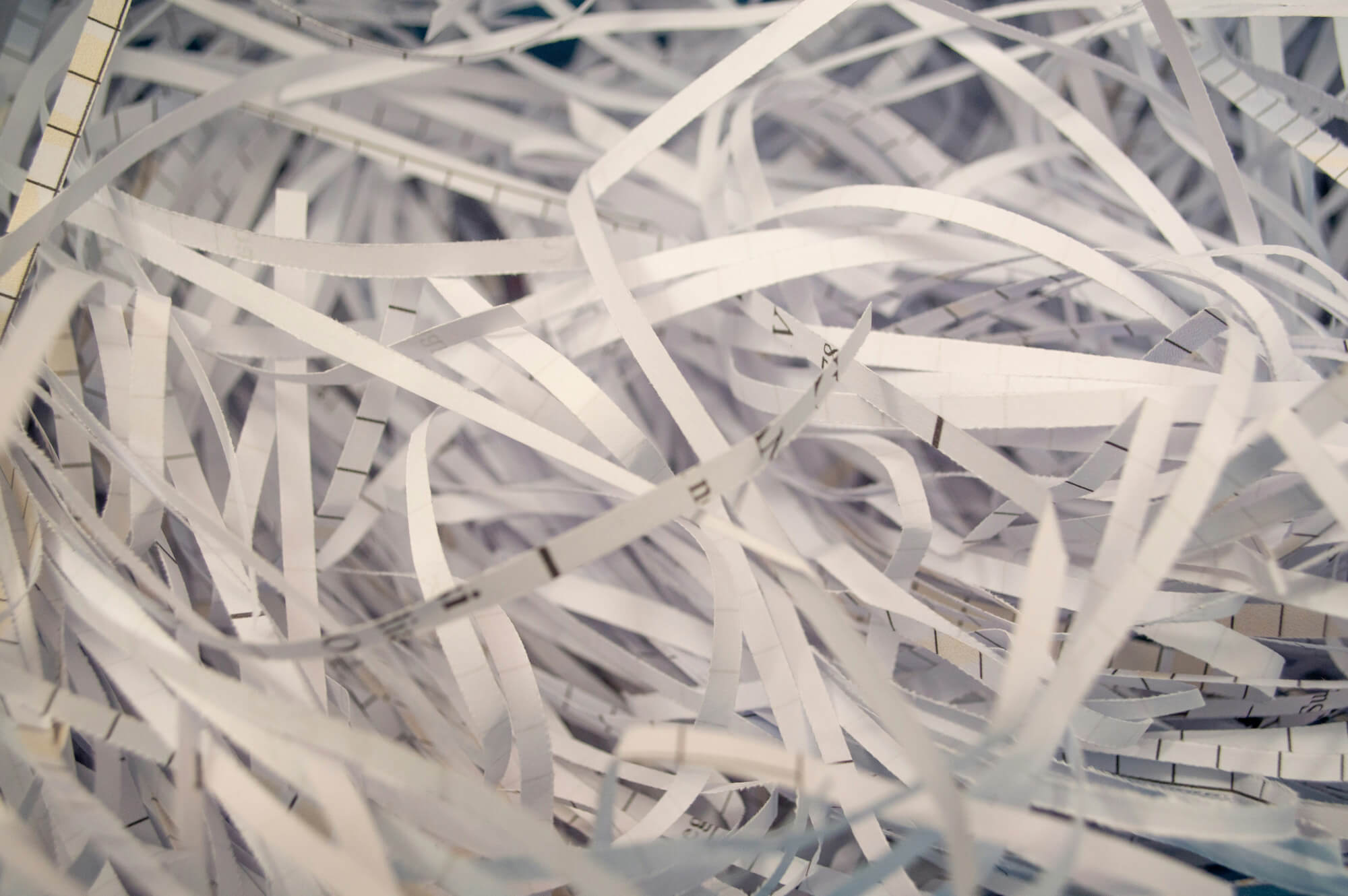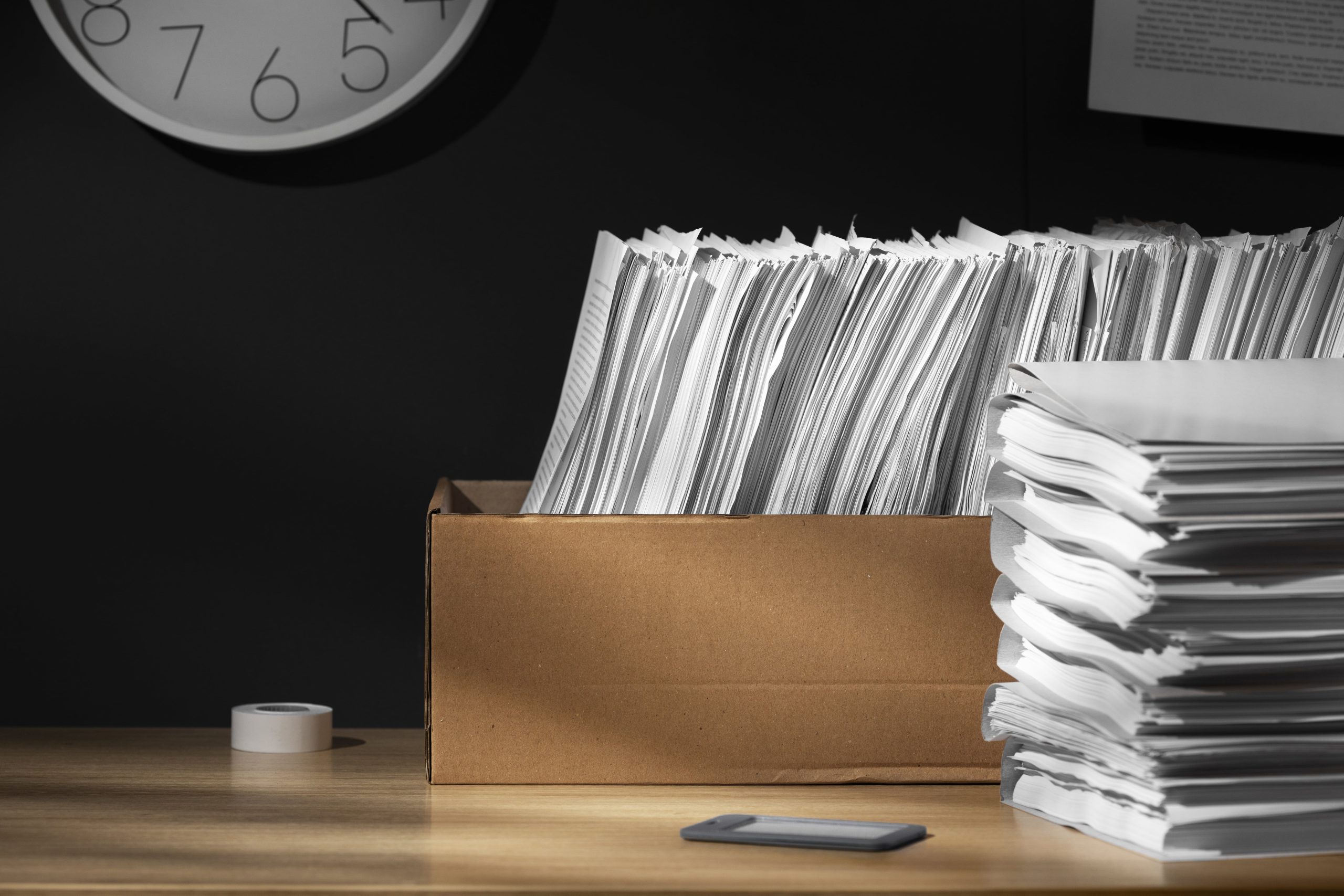Ensuring Ongoing Data Security and Compliance
In today’s world, even one misplaced document can compromise an organisation’s reputation. While many businesses focus on digital security—installing firewalls, using encryption, and limiting network access—they may overlook the risks hidden in paper records. This is where scheduled shredding becomes crucial. By routinely destroying unneeded documents, you reduce data breach risks, meet legal obligations, and keep offices organised.
This article explores the benefits of consistent shredding intervals, emphasises how ongoing document destruction safeguards sensitive information, and explains why partnering with Britannia Lanes Shredding can transform your data security strategy. You’ll also find practical guidance on setting up a shredding schedule, correctly storing documents awaiting destruction, and handling electronic media that demands secure disposal.
Why Scheduled Shredding Is Essential
Minimising Data Breach Risks
Sensitive paperwork can cause as much trouble as a compromised computer. Confidential files—such as financial data or client contracts—are vulnerable if they linger in storage. By adopting set shredding intervals, you reduce the time documents remain accessible, shrinking the risk of leaks or theft.
Upholding Compliance
Regulations like the General Data Protection Regulation (GDPR) and other privacy laws often mandate strict handling of customer or employee information. Regular document destruction supports continuous compliance rather than relying on sporadic purges. Inconsistent shredding can lead to oversights, fines, and reputational harm.
Streamlining Daily Operations
Paper clutter slows office productivity. Sorting through chaotic piles wastes time and increases the chance of losing critical documents. A routine shredding schedule prevents backlogs, keeps work areas tidy, and supports better overall organisation.
Determining Shredding Intervals
The “best” interval for scheduled shredding varies depending on your industry, document flow, and company size.
Weekly or Fortnightly
Large organisations—law firms, medical clinics, financial institutions—often produce mountains of paper. Weekly or fortnightly shredding stops records from stacking up and helps maintain compliance.
Monthly
Mid-sized or smaller companies might find a monthly schedule sufficient, as they typically generate fewer sensitive documents. Monthly intervals can strike a practical balance between risk reduction and cost.
Tailored Schedules
Certain businesses adjust shredding frequency seasonally. For instance, tax season brings extra paperwork for accounting firms, while some manufacturers experience cyclical spikes. Monitoring your company’s workflow helps you fine-tune the schedule.
Safeguarding Sensitive Data and Building Trust
Clients and employees expect confidentiality, and breaching that trust can be devastating. Scheduled shredding helps:
Demonstrate Legal Compliance
Industries such as healthcare or finance face strict privacy rules. Having a documented shredding process, including certificates of destruction, proves you’re handling information responsibly.
Boost Confidence
Customers want assurance that their records won’t land in general waste or be left out on desks. Routine, demonstrable document destruction offers peace of mind.
Curb Insider Risks
Breaches can happen internally through carelessness or malice. Storing documents for too long increases the odds of misplacement. A timely shredding plan reduces the volume of outdated files lying around.

Photo by Kampus Production on Pexels
Why Partner with Britannia Lanes Shredding
Collaborating with a professional shredding service takes the guesswork out of document disposal. Britannia Lanes Shredding provides:
Secure, Efficient Processes
Documents remain locked from pickup to destruction, limiting unauthorised access. High-capacity shredders handle large volumes quickly, reducing labour for your staff.
Certificates of Destruction
An official certificate serves as proof for audits and legal reviews, showing you’ve adhered to data protection standards. These records can be essential for compliance checks.
Flexible Scheduling
Britannia Lanes Shredding can tailor their service to your requirements—weekly, monthly, or on a custom timetable. If you occasionally need extra pick-ups, that’s easy to arrange.
Time and Cost Savings
Running your own shredders might seem simple, but feeding reams of paper can be time-consuming and prone to errors. Outsourcing frees your workforce to focus on core tasks and prevents possible data mishandling.
Creating a Shredding Schedule
A consistent plan for regular document destruction not only protects data but also keeps your workplace orderly.
Map Out Paper Flow
Identify which teams generate the most sensitive files—finance, HR, legal—and gauge how quickly they accumulate. Use that info to decide on the shredding intervals best suited to each department’s needs.
Follow Retention Requirements
Some documents must be kept for specific lengths of time due to legal or regulatory mandates (e.g., tax records). Clarify these rules before disposing of older files, so you don’t accidentally shred something prematurely.
Collaborate with Department Heads
Each department often has unique data handling procedures. Consulting key managers ensures your shredding schedule fits seamlessly with daily workloads.
Monitor and Refine
Once you start regular shredding, track how quickly bins fill. Are they overflowing before pickup? Or staying half-empty for weeks? Adjust your intervals based on real usage patterns.
Avoiding Clutter and Backlogs
Even with scheduled shredding, offices can accumulate files if no one is sure what to do with them.
Lockable Collection Bins
Keeping tamper-proof shredding bins in accessible areas encourages employees to discard sensitive documents immediately, rather than leaving them on desks.
Immediate Disposal for Drafts
Office printers often produce extra copies or drafts. Placing a small shredder or secure bin near printers ensures no unwanted pages linger in the open.
Clear-Desk Policy
Encourage staff to clear their workspace before leaving each day. Documents that are no longer needed go straight to a shredding bin, reducing the chance of misplacement.

Photo by cottonbro studio on Pexels
Best Practices for Storing Files Before Destruction
If you only shred monthly or quarterly, you’ll have a temporary backlog. Proper short-term storage is vital:
Restricted Access
Limit the number of people with keys to locked filing cabinets. Sensitive documents shouldn’t be accessible to every employee.
Organised Labelling
Designate clear categories—pending, awaiting review, or ready for shredding—so employees aren’t left guessing about disposal timelines. A straightforward system avoids mistakes.
Digital Backups
In cases where you need long-term retention, create secure electronic copies. Store them in encrypted drives or cloud services, then shred the hard copies once you’re allowed.
Ongoing Training
Teach employees which records must remain for compliance and which can be shredded once they outlive their usefulness. Consistent education minimises confusion and errors.
Dealing with Electronic Media
Sensitive data doesn’t just appear on paper. Hard drives, USB sticks, and other media need equally secure handling:
Physical Destruction
Deleting files or reformatting drives often isn’t enough. A determined individual can recover data. By physically destroying storage media, you prevent data from being retrieved.
Specialised Disposal Services
Many shredding providers, including Britannia Lanes Shredding, can incorporate secure destruction of electronic media. This ensures your approach to data security is holistic, covering both paper and digital formats.
Dedicated Bins
Use separate containers for old hard drives or portable media. Mixing them with paper can complicate disposal, increasing the likelihood of errors or lost items.
Outcomes of Timely Document Destruction
Regular document destruction delivers tangible and intangible benefits:
Workforce Confidence
Employees who see robust data security measures feel more comfortable handling sensitive tasks. This culture of security can reduce internal mishaps.
Stronger Brand Image
Potential partners or customers appreciate transparency about data protection. Publicly sharing that you rely on scheduled shredding—complete with certificates of destruction—can boost your credibility.
Reduced Paper Trails
Excess documents often gather dust, blocking storage areas. Routine shredding frees up room for current projects, while diminishing the chance of losing track of essential records.
Maintaining a Long-Term Shredding Routine
A sustainable shredding practice adapts to your organisation’s growth and evolving regulations.
- Appoint a Data Champion
Even if data security isn’t a single person’s sole job, having a point of contact helps maintain consistency and address issues swiftly. - Publish Clear Guidelines
Outline how often shredding bins are emptied, what goes in them, and who oversees collection. This clarity fosters accountability. - Measure Results
Track how many kilos of paper you shred each month, or how many times your bins fill up. Analysing these trends reveals ways to enhance efficiency and cut costs. - Review Service Agreements
Business needs evolve. Revisit your contract with Britannia Lanes Shredding or any shredding provider at least once a year to see if schedule or volume adjustments are needed. - Continuously Update Training
Remind employees about your shredding processes during team meetings or through brief refresher sessions. Ensuring everyone understands the policy helps keep confidential material safe.
Conclusion
Maintaining data security is an ongoing responsibility, and scheduled shredding can be your frontline defence for sensitive paper-based records. Regular document destruction protects against leaks, keeps you aligned with industry regulations, and shows customers and employees that you take privacy seriously. From weekly or monthly shredding intervals to best practices for file storage and electronic media disposal, a well-structured plan reduces risks and clutter alike.
By partnering with a specialist such as Britannia Lanes Shredding, you benefit from secure processes, tailored scheduling, and expert handling of confidential documents. You’ll receive certificates of destruction that strengthen compliance and reassure clients. With clear guidelines, frequent training, and a simple system for depositing paper waste, your organisation can sustain a culture of data security that evolves alongside your operational needs—without letting paperwork hazards accumulate unchecked. Contact today to see what Britanna Lanes can do for your business.




